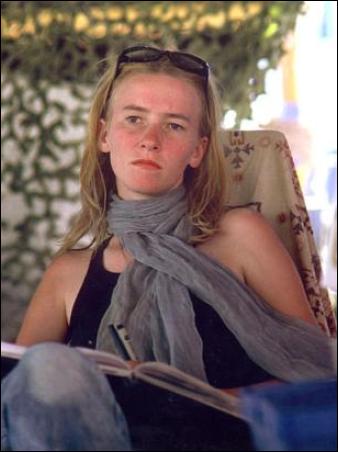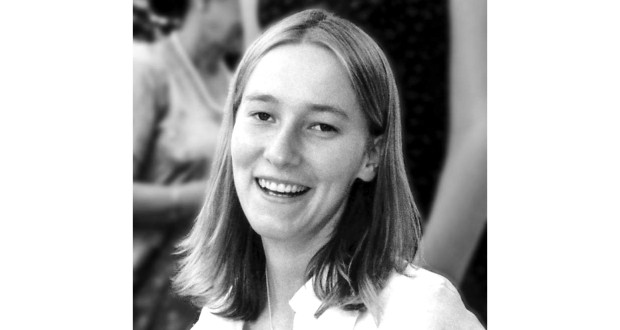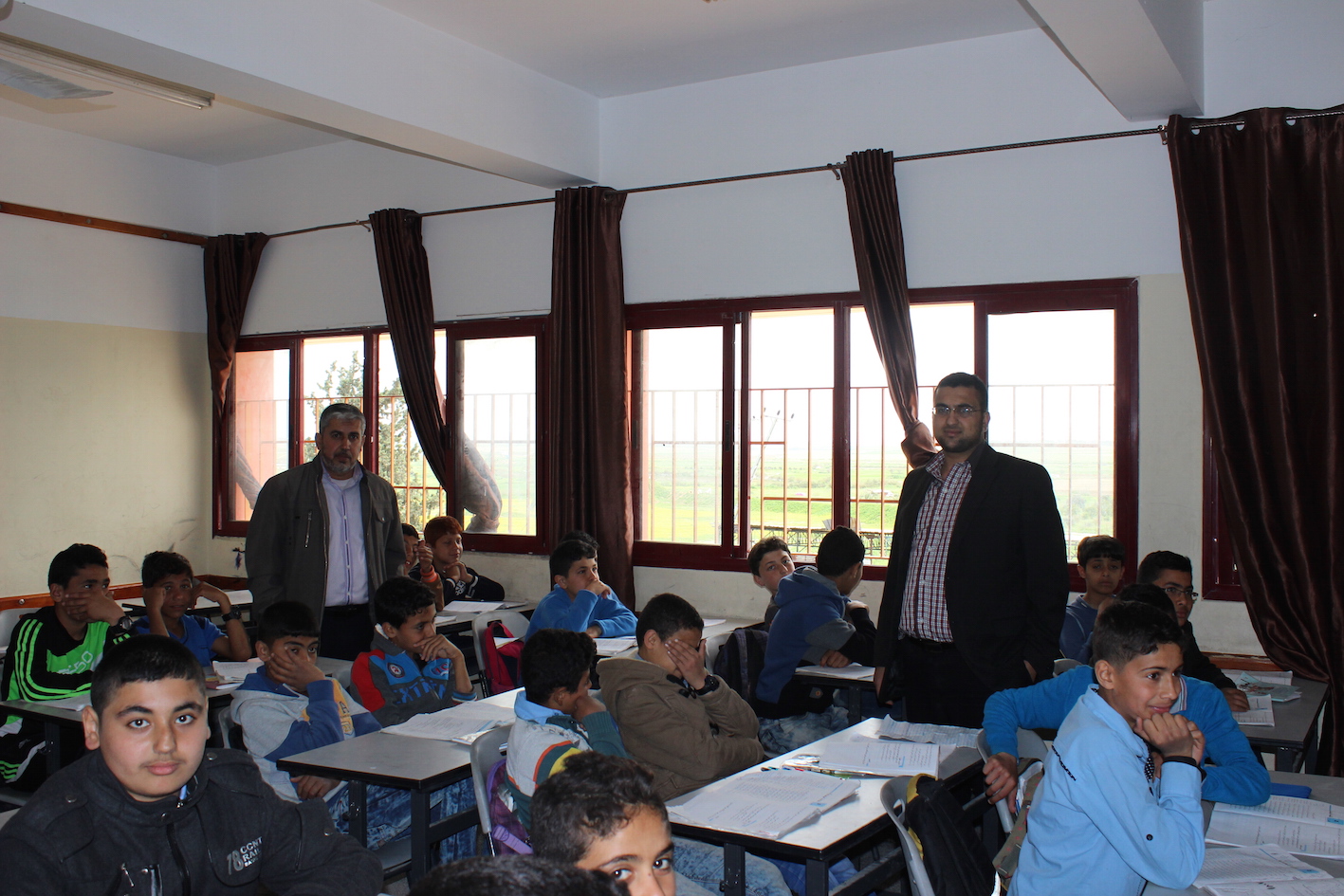-
An email from Rachel Corrie to her parents
16th March 2016 | Rachel Corrie Foundation | Gaza, occupied Palestine February 27 2003 (To her mother) Love you. Really miss you. I have bad nightmares about tanks and bulldozers outside our house and you and me inside. Sometimes the adrenaline acts as an anesthetic for weeks and then in the evening or at night it […]
-
The 13th anniversary of Rachel Corrie’s death
15th March 2016 | International Solidarity Movement, al-Khalil team | Gaza, occupied Palestine Today marks the thirteenth anniversary since the passing of fellow ISM activist Rachel Corrie (April 10, 1979 – March 16, 2003). Rachel was tragically crushed to death under the front blade of an Israeli military, American funded, Caterpillar D9R bulldozer near Rafah, in the […]
-
School shooting a near miss in Gaza
15th March 2016 | International Solidarity Movement, al-Khalil team | Gaza, occupied Palestine On the 2nd of March at 2pm, Israeli occupation forces fired into Beit Dajan School, located in Shijaia, near the annexation wall. Bilal Abu Asser was giving a lesson to his students when a bullet passed just next to his head. “Suddenly I […]
Action Alert An Nabi Saleh Apartheid Wall Arrests BDS Bethlehem Bil'in Cast Lead Demonstration Denial of Entry Ethnic Cleansing Farmers Gaza Global Actions Hebron House Demolition International law Israeli Army Jerusalem Live Ammunition Nablus Ni'lin Prisoner Ramallah Rubber-coated steel bullets Settlement Settlers Settler violence Tear-Gas Canister Video



